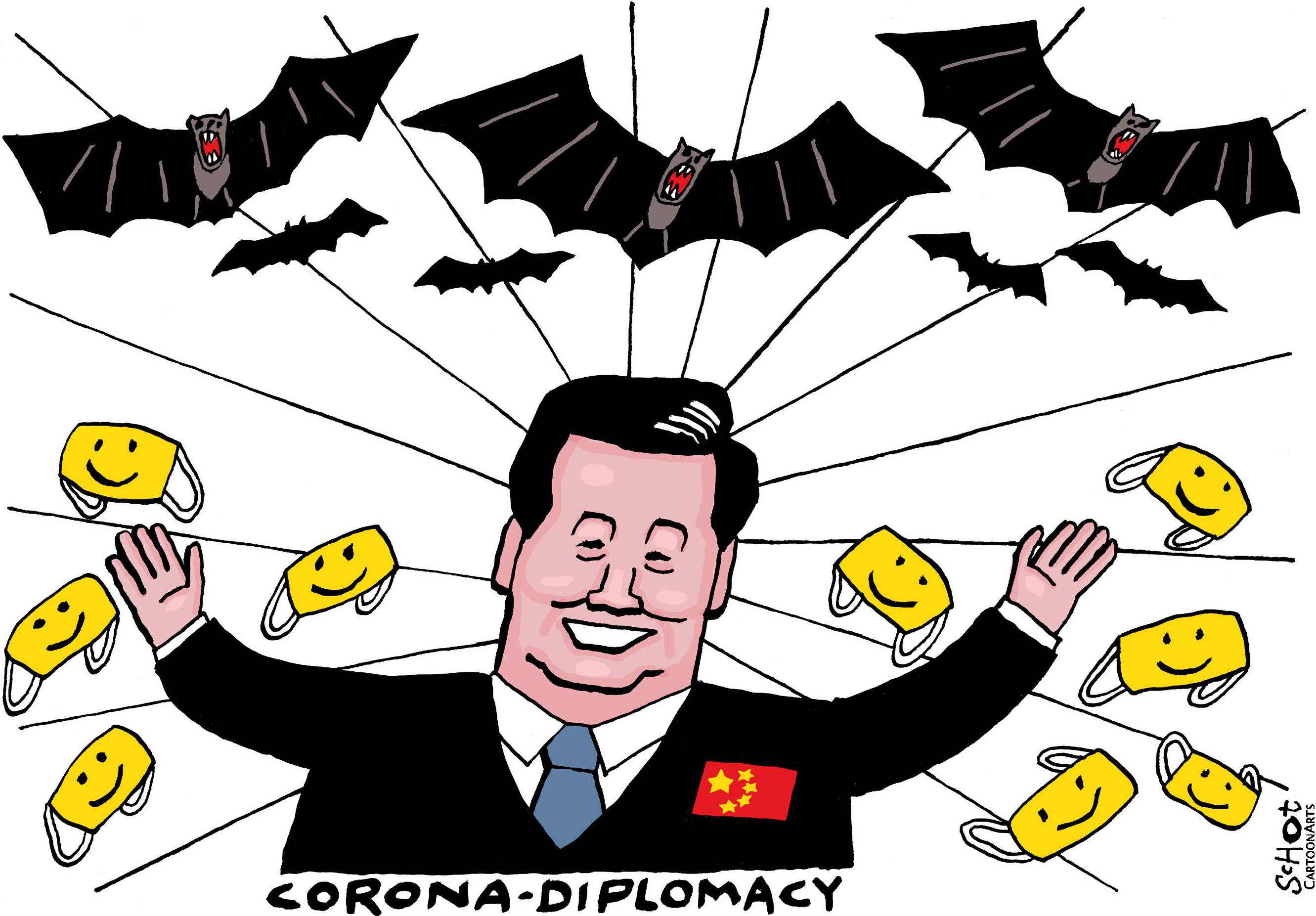A paradigm shift is taking place in relations between the European Union and China. The COVID-19 crisis has triggered a new debate within Europe about the need for greater supply chain “diversification,” and thus for a managed disengagement from China. That will not be easy and it won’t happen quickly. But, clearly, Europe has abandoned its previous ambition for a more closely integrated bilateral economic relationship with China.
In the past, when Europeans sought trade, economic and foreign policy reforms vis-a-vis China, their hope was always to increase contact with the country while making the relationship fairer and more reciprocal. The basic goal was to expand bilateral trade and pry open the Chinese market for European investments. Even when the European Union toughened its approach toward China, its objective was still to deepen economic ties with the country. The creation of new EU instruments to screen investments and enforce antitrust measures were presented as regrettable but necessary measures to create the political conditions for closer cooperation.
In a report published earlier this month, Andrew Small of the European Council on Foreign Relations argues that the EU’s engagement with China will henceforth have a new purpose: to structure the Sino-European relationship in a way that reduces Europe’s dependence on Chinese trade and investment. The new consensus is that Europeans should be more insulated from the whims of unreliable or overbearing foreign governments, whether in Beijing or Washington.

















With your current subscription plan you can comment on stories. However, before writing your first comment, please create a display name in the Profile section of your subscriber account page.